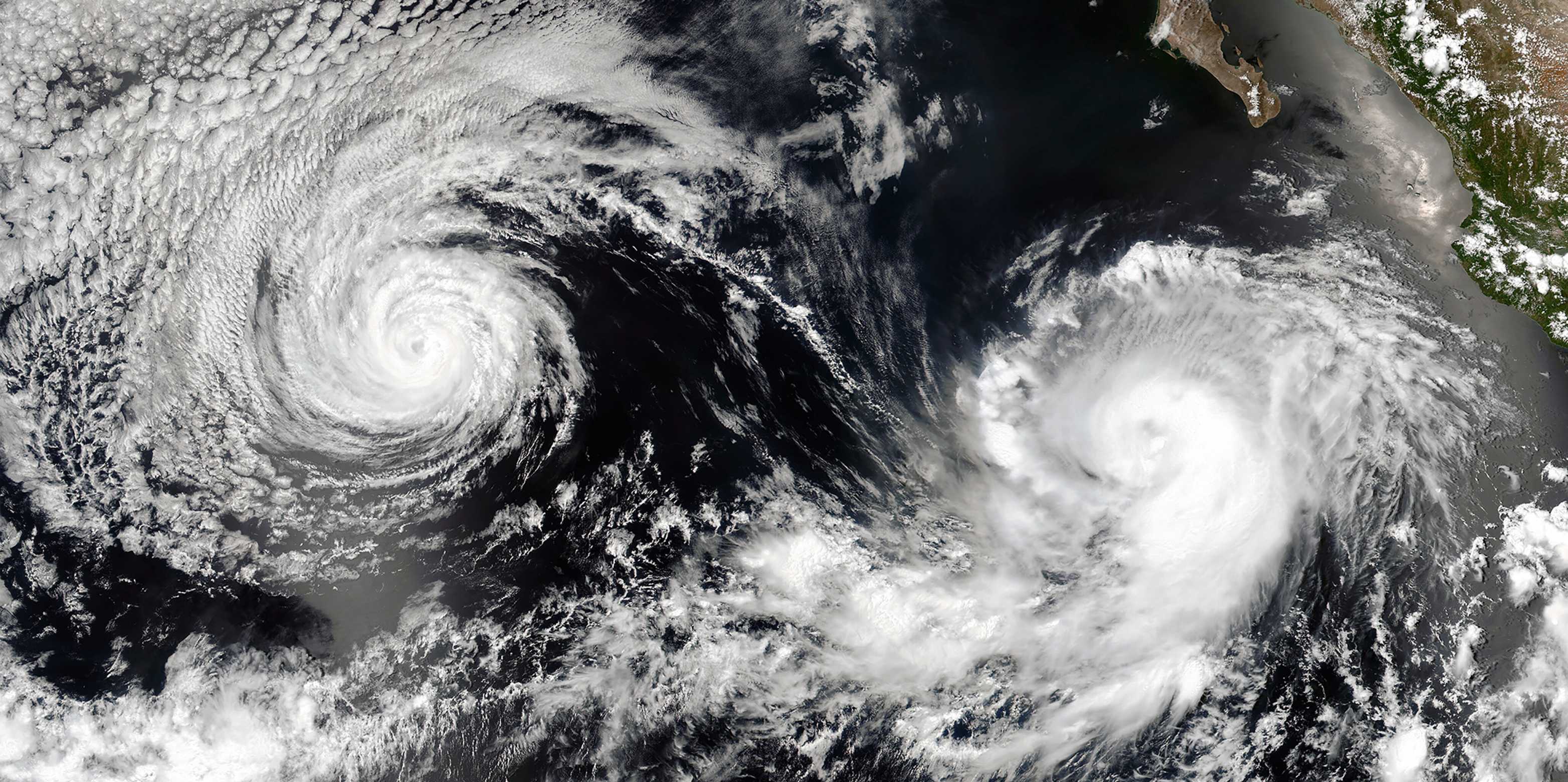Learning from weather and climate science to prepare for a future pandemic
Can some insights from weather and climate research be used to improve preparations for a future pandemic? Researchers at ETH Zurich's Institute for Atmospheric and Climate Science believe that lessons from four areas of weather and climate research could lead to cross-disciplinary inspiration.

A numerical weather model, temporally and spatially scattered observations from satellites and measurement stations, both associated with inherent uncertainties related to reality, and the need for a timely and balanced risk communication – these are essential elements of present-day meteorology. Replace the weather model with a dynamic pandemic model and satellite and station-based measurements with case numbers and hospitalization rates and you see the remarkable similarities between predicting the future of a pandemic and producing a weekly weather forecast. It is tempting to draw this parallel between weather and pandemic forecasts, but is it justified?
In a new opinion article authors from the Department of Environmental Systems Science discuss the similarities and differences and what methods and insights used in operational weather forecasting and climate science could lead to cross-disciplinary inspiration. The authors argue that in particular four areas of research could be of high interest: Model development, international comparisons, data exchange, and risk communication. For example, ensemble data assimilation can help to make probabilistic scenario-based forecasts and international data exchange organized by the WMO since the 1960 could be an inspiration for coordinate global data exchange. In terms of risk and uncertainty communication, the authors state that meteorologists have learned for example from Tornado warnings that it is a misbelief that more frequent and accurate scientific information automatically leads to more rational decisions.
Finally, the climate change debate has shown that clear mandates, trust between various stakeholders (scientists, the public, and policymakers), paired with transparent communication are crucial. So are openly dealing with mistakes and explicit discussions of uncertainties underlying scenarios.
Reference
Schemm S et al: Learning from weather and climate science to prepare for a future pandemic. PNAS, 17 January 2023. doi: external page 10.1073/pnas.2209091120